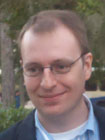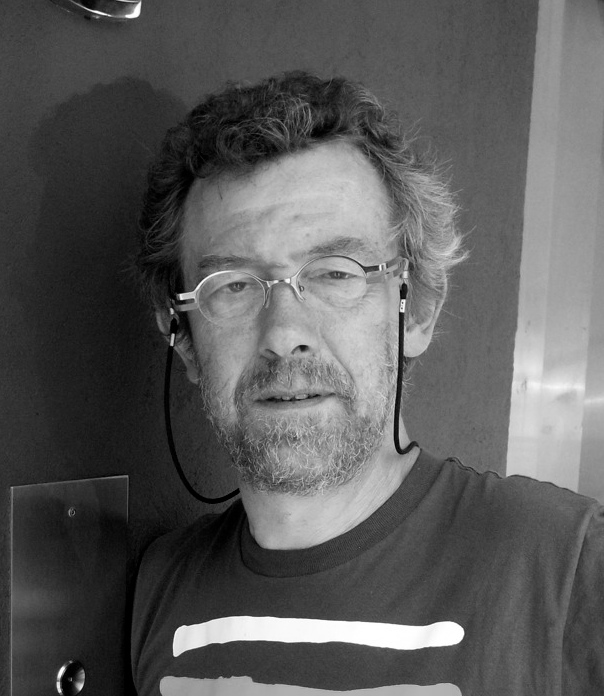The first event of the Winter quarter will be a kick-off gathering on Tuesday, January 22, 2013 in Social Sciences 401, where we will be having our meetings this quarter. Pizza will be served. We had an event like this last quarter, where students and faculty could discuss the directions they’d the workshop go, and we thought it was productive, so we’re doing it again. We’ll be starting presentations in the weeks to come, so look for a winter quarter schedule from us sometime early next week.In the meantime, if you have any questions, please feel free to contact us.
Jeffrey Parker (jnparker@uchicago.edu), Sociology Ph.D student, co-coordinator
Amy Khare (akhare@uchicago.edu), SSA Ph.D student, co-coordinator



